Does every job application look the same nowadays?

With the rapid technological advancement we are experiencing each year, we can notice a growth in AI and chatbot usage when discussing job applications. Many candidates rely on such tools to build resumes, cover letters, or contact hiring managers.
Although the technology we possess nowadays is excellent and can help us in multiple ways, job seekers must be careful as it can also negatively impact their job applications due to a lack of authenticity and personality.
Recurring Terms
One common issue with AI-driven application processes is the reliance on recurring terms and keywords, making all resumes look the same. Job seekers may be tempted to rely too much on chatbots, risking a lack of authenticity and individuality.
This approach can lead to applications that appear generic and fail to showcase a candidate's unique skills and experiences. The automated responses and overuse of keywords may not capture the nuances of individual personalities, leading to a missed chance to make a memorable first impression.
Chatbots often repeat terms or expressions, such as “seamlessly”, “unwavering”, “showcasing”, “as a result”, or “in conclusion”, for example. They tend to follow the same pattern when structuring a copy for a cover letter, with an introduction leading to a conclusion that not always is well connected.
To stand out from the crowd, applicants should strive to infuse their language with vivid examples and specific accomplishments. Instead of using generic terms, provide concrete instances where you collaborated effectively within a team, solved a particular challenge, or delivered measurable results. The more specific you can get, the better.
Common Cover Letters
AI may inadvertently encourage a one-size-fits-all approach to job applications. Some candidates might use generic templates for their cover letters, neglecting to tailor their applications to the specific requirements of each job.
This lack of personalisation can harm a candidate's chances of standing out in a competitive job market, as Hiring Managers may overlook applications that appear to be using a generic approach.
Recommendations: To have a more personalised cover letter, you can work the other way around. Instead of going to chatbots to start them, try writing them in your own words, highlighting your expertise and why you would be a great fit for the position.
Then, you can recur to AI tools, pasting your initial cover letter there and asking them to make it better, whether by using a more professional vocabulary or improving the copy structure for example.
Remember that you don’t have to accept all their changes or their first version. You can keep tailoring it by asking things such as “make it shorter” or “emphasise my background”, for example, to arrive at the objective you want without losing the essence of your first message.
Download our Cover Letter and Resume guides
Online Assessments
Some companies use online assessments during the application process, and candidates utilising AI tools may find themselves adapting their responses to match expected patterns rather than providing genuine answers.
This can dilute the authenticity of their responses and create an impression of insincerity. Predefined responses and suppressing your natural conversational style can result in a lack of spontaneous exchanges that would occur in an authentic interaction.
Striking the Right Balance
Despite these challenges, job seekers can explore AI tools with a strategic approach. This technology can be beneficial in providing templates or tips, but it is essential to tailor the message to demonstrate your essence, unique skills and aspirations.
Craft resumes and cover letters that authentically reflect your talents and experiences. Use keywords naturally, focusing on relevance rather than overloading your application with them.
You can customise each application to match the specific job requirements. Highlight how your achievements align with the company's needs, values and the role you are applying for.
Remember that, at the end of the day, behind the AI algorithms are human recruiters. Incorporate a personal touch in your application to connect with the human aspect of the hiring process and how you'd represent the company values.
Conclusion
As AI and chatbots become more used each day, job seekers must adapt and utilise them as a supportive tool instead of the main creative process in their applications.
While these technologies offer efficiency, a well-balanced approach prioritising authenticity, personalisation, and staying informed will enable candidates to stand out in a competitive job market.
Keep yourself updated with industry trends and AI advancements to adapt your job-seeking strategies accordingly. Understanding how AI is used in recruitment can help refine your approach and improve your chances of securing your desired job.
If you want to use the recommendations above for your next job application, you can easily find all current positions available on our website by clicking
here. If you need support from our specialised team, you can also
upload your resume to hear from us in case we have any opportunity that matches your skills and experience.












